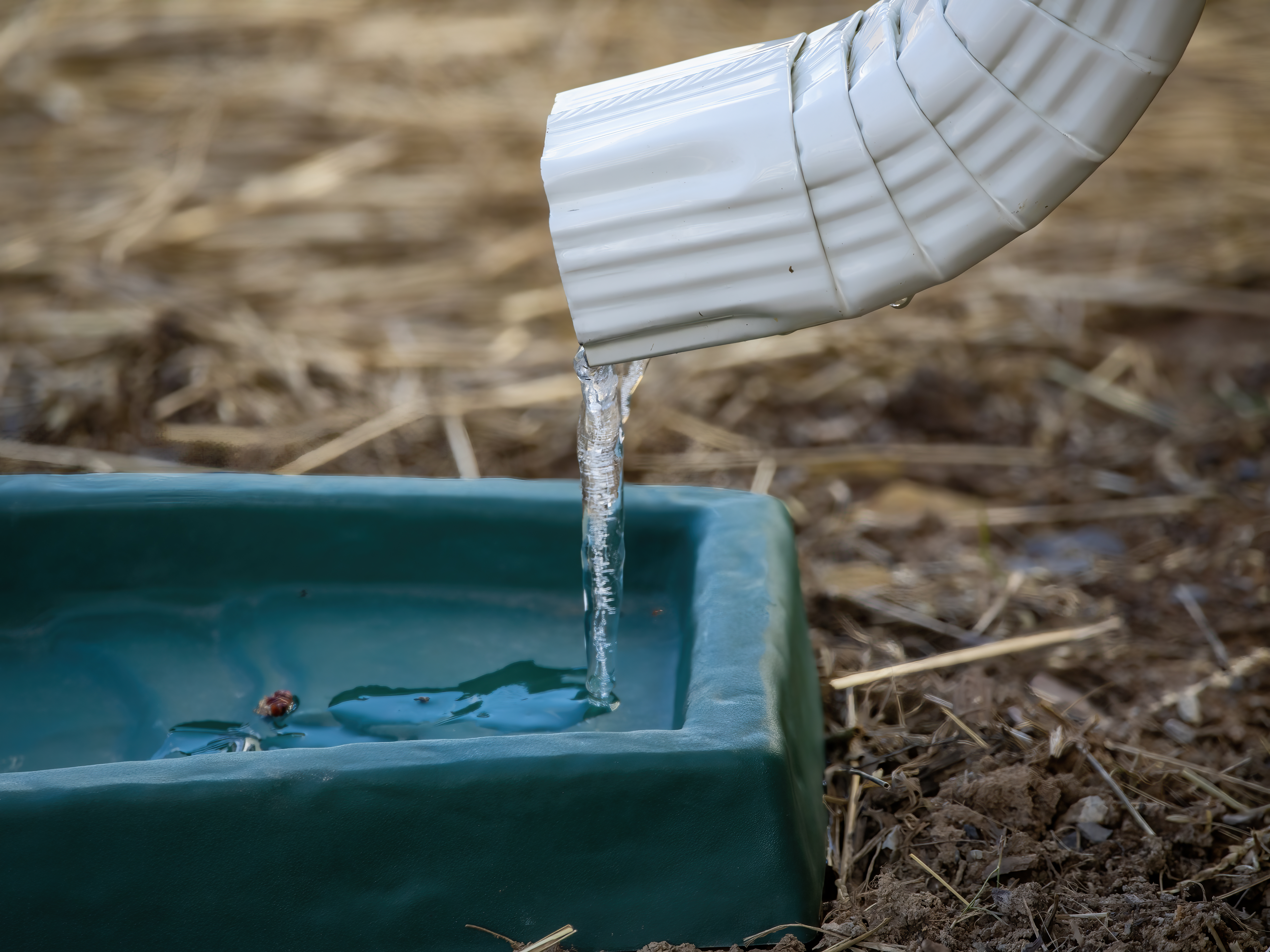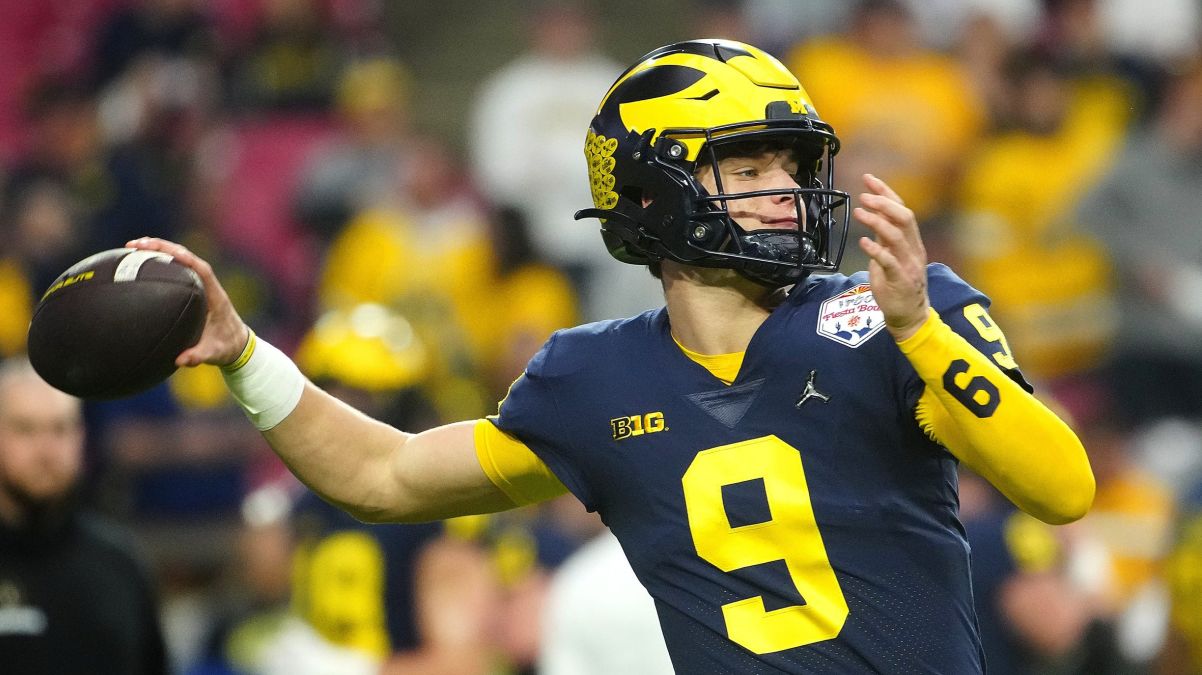Anyone who contracted COVID-19 during the omicron variant surge may be wondering if they still have natural immunity.
At Rush University Medical Center, researchers are tracking COVID antibody levels in hope of answering the question. Doctors there have been monitoring levels of approximately 1,100 people since the first COVID vaccines came out in December 2020.
"Researchers have not been able to find a magic number of protection," said Dr. James Moy, an immunologist at Rush.
Dr. Moy and his team had hoped to determine an optimal antibody level, but he says that hasn’t happened because respiratory viruses mutate too quickly. However, they have noticed big antibody spikes after booster shots.
Feeling out of the loop? We'll catch you up on the Chicago news you need to know. Sign up for the weekly Chicago Catch-Up newsletter here.
Researchers are also looking at antibody levels after infection and say those who got sick during the omicron surge in January should be protected from reinfection for a bit longer.
"With the BA.2 variant that just came out, most people would be protected if they were infected with omicron in January," Moy said.
Researchers have seen antibody levels drop five to six months after infection. So, that's when they say a booster shot should be considered, especially as scientists keep an eye out for future variants.
Local
One participant, Andi Singer, told NBC 5 she likes keeping track of her COVID antibody levels with blood draws that happen every three months.
"After the first set of shots, I went up to a number, came down to an uncomfortably low number and then I got my booster, went up to a pretty good number," she said.
Jeff Singer, a participant who happens to be immunocrompised, says being in the study is arming him with more information as he determines how to best protect himself.
"I am uncomfortably far from my last vaccine so boosting will probably happen soon," he said.



